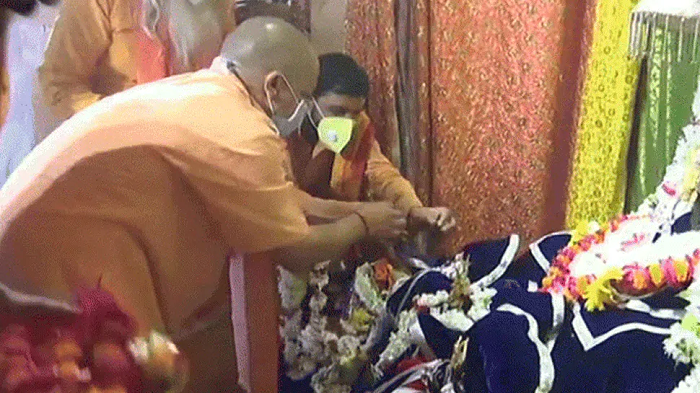Aizawl, Dec 15: Mizo National Front (MNF) president Zoramthanga was Saturday sworn in as Mizoram's new chief minister, heading a 12-member ministry.
He was administered the oath of office and secrecy by Governor K Rajasekharan during a ceremony at the Raj Bhavan here.
The MNF came to power in the state winning 26 of the 40 seats in the state assembly uprooting the Congress from its last bastion in the Northeast.
This was Zoramthanga's third stint as chief minister of the northeastern state after having led the party's government in Mizoram in 1998 and 2003.
Along with Zoramthanga, 11 others -- five cabinet ministers and six ministers of state -- were also sworn in.
The five cabinet ministers are Tawnluia, R Lalthangliana, Lalchamliana, R Lalzirliana and Lalrinsanga.
Tawnluia has been designated as the deputy chief minister. He was the rehabilitation minister in the Laldenga government during 1987-88 and home minister for two terms in the Zoramthanga government in 1998 and 2003.
The six ministers of state are -- K Lalrinliana, Lalchhandama Ralte, Lalruatkima, K Beichhua, T J Lalnuntluanga and Robert Romawia Ralte.
Lalthangliana was a cabinet minister for two terms in Zoramthanga's previous government too.
Lalzirliana, who was inducted as a cabinet minister, was the home minister for two terms in the Congress government headed by Lal Thanhawla since 2008.
He had resigned from the Congress and was expelled from the party before the November polls.
After taking oath, Zoramthanga told reporters that the MNF has now no intention to leave the BJP-led NDA and the North East Democratic Alliance (NEDA) although it was under fire for joining hands with the Hindutva forces.
He said combating alcoholism and drug addiction would be among the top priorities of his government, besides taking up the development projects from day one.
"There is no intention at this juncture to leave the NDA and NEDA", he said.
Former chief minister Lal Thanhawla, besides former ministers, legislators and senior officials were present at the oath-taking ceremony.
Meghalaya Chief Minister Conrad Sangma, Assam Water Resources Minister Keshab Mahanta and former Assam chief minister Prafulla Kumar Mahanta were also present.
For the first time, the swearing-in ceremony of the government was marked by Bible reading, prayer and singing of a Christian gospel song.
Chairman of Mizoram Kohhran Hruaitute Committee (MKHC), a conglomerate of 16 major churches in the state, Rev R Lalhmingthanga, read out from the Bible and offered prayers.
The chief minister and the newly-inducted ministers took oath of office and oath of secrecy in Mizo language for the first time in Mizoram's history.
Lalchamliana, former assembly speaker who was sworn in as a minister, came to Raj Bhavan dressed in a traditional attire.






Comments
Add new comment